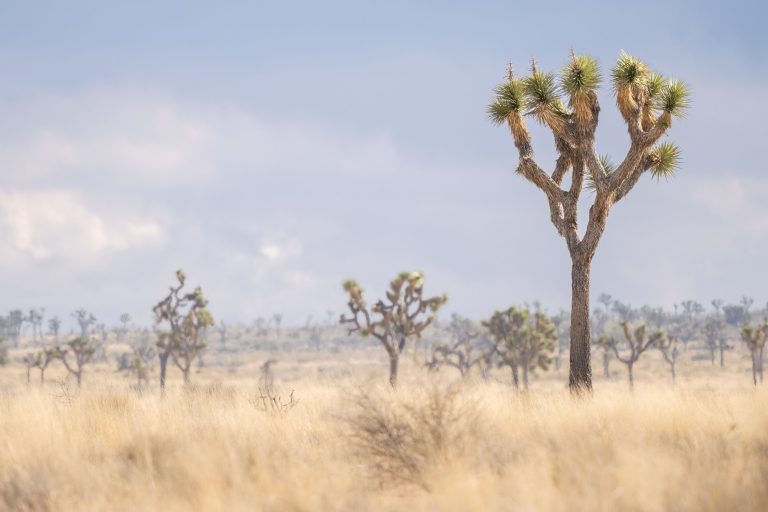
The Peregrine Falcon: A Symbol of Speed, Strength, and Survival
Have you ever wondered which animal holds the title of the world’s fastest? Or considered how wildlife adapts to thrive in the heart of bustling

Imagine a world where children freely explore nature’s playground, where each tree, rock, and stream becomes their classroom. But why should we prioritize outdoor environmental education? Can’t they learn everything they need indoors? Not quite. While classrooms have their role, nature offers unparalleled lessons. Kids forge deep connections with the environment through outdoor education, cultivating a passion for its protection. Discover why environmental education experiences are enriching and essential in nurturing the Guardians of Tomorrow! Keep reading to uncover why outdoor education is truly irreplaceable.
Why Should You Care?
In a world where natural disasters are happening more often, pollution is worsening, and nature is suffering, it’s vital to focus on environmental education. As things get more demanding, our children need to understand these challenges. Without this knowledge, they might struggle in the future to deal with problems like climate change, biodiversity loss, and environmental damage. But with the proper education, they can be prepared to make a difference. By teaching them about the environment, we give them the tools to protect our planet and create a better future for everyone.
The Benefits of Environmental Education
Environmental education goes beyond teaching children to recycle or plant trees; it’s about nurturing a profound bond with nature and empowering them to safeguard the planet. By integrating environmental education into the curriculum, we imbue children with a sense of responsibility and reverence for the environment from an early age.
The research underscores the effectiveness of outdoor environmental education programs over traditional classroom learning. A longitudinal study by the University of Illinois revealed that students engaged in environmental education outperformed their peers on standardized tests, showcasing enhanced problem-solving skills and superior environmental knowledge retention over time.
Moreover, outdoor environmental education cultivates children’s creativity, curiosity, and resilience, as demonstrated by the American Institutes for Research research. These outdoor learning experiences boost physical health and well-being by reducing stress, increasing physical activity, and fostering a deeper connection to nature. This heightened connection translates into more profound environmental stewardship and pro-environmental behaviors among children. This study found that children who spent more time outdoors in nature exhibited greater engagement in environmentally friendly actions, such as recycling and energy conservation.
Challenges and Solutions in Environmental Education Implementation
Learning about the environment is super important, but it can be challenging when there’s not enough money or other things to consider. But guess what? Some environmental organizations have free programs that teach about different parts of nature. These programs let kids learn by doing things indoors and outdoors. They’re fantastic because they make kids care about the environment forever. So, why not check out local organizations in your area for fun and free ways to learn about nature?
Conclusion
In conclusion, environmental education is crucial for empowering future generations to become informed, engaged, and active citizens who care for the planet. By prioritizing environmental education in schools, communities, and policy agendas, we can cultivate a generation of Guardians of Tomorrow equipped with the knowledge, skills, and passion to protect and preserve our precious natural resources for future generations!

Have you ever wondered which animal holds the title of the world’s fastest? Or considered how wildlife adapts to thrive in the heart of bustling

Have you ever imagined exploring a desert where life thrives among stunning rock formations? Or experiencing the magic of a star-filled sky in one of

Recently, I had the incredible opportunity to visit Yosemite National Park, nestled in the majestic Sierra Nevada mountains of California. This trip was truly a
Si continues navegant per aquest lloc web, acceptes utilitzar les galetes. Més informació.
La configuració de les galetes d'aquesta web està definida com a "permet galetes" per poder oferir-te una millor experiència de navegació. Si continues utilitzant aquest lloc web sense canviar la configuració de galetes o bé cliques a "Acceptar" entendrem que hi estàs d'acord.